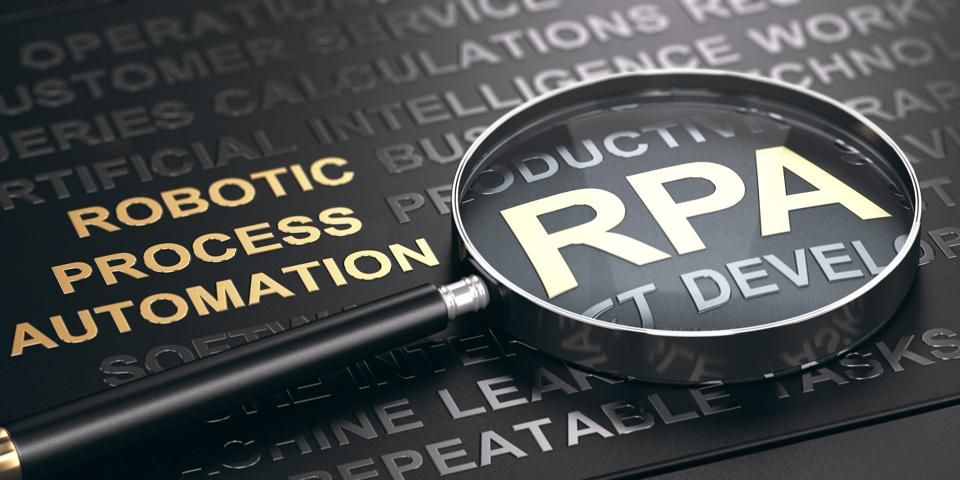Bengaluru, NFAPost: RPA, the new buzz word for robotic process automation in tech parlance, is currently making disruptive changes with the emergence of new technologies which are capable of automating a significant amount of finance and accounting end-to-end processes.
According to Arvian Research, RPA is bound to create new sets of job opportunities for people in the finance and accounting space.
“As per the report, the RPA market in India will grow at a CAGR of above 20% during the forecast period of 2019-2025. As CFOs implement plans to prepare their teams for the future, finance and accounting professionals are under pressure to enhance their value offering and reduce costs while acquiring new skills,” said Arvian Research.
Digital technology
It is a reality that emerging digital technologies provide the finance and accounting function with a path to fulfill these objectives while meeting business demand for advanced analytics, efficient operations, and strategic decision support. This is made possible as RPA presents a clear and sustainable avenue to transforming the finance function.
Even though several digital tools can be availed to automate finance and accounting processes, RPA is currently recognised as one of the few emerging technologies capable of automating a significant amount of finance and accounting end-to-end processes.
India is also witnessing lots of companies are involved in finance and accounting works for their overseas clients. it is now part of the knowledge process outsourcing work. Besides many multinational companies, there are also a few companies in India working in the space, especially targeting North America and European market.
New job opportunity
In India, RPA is bound to create new sets of job opportunities for people and the existing talent pool can have an effect on this talent requirement. The report says the RPA market in the country is driven by the increasing demand for automated accounting and process management. Many companies have come up with solutions to make it possible it.
Further, to ensure automated transaction processing improves over time, RPA vendors are also focusing on developing best-in-class intelligent process automation bots that learn as they work. Businesses that have incorporated finance and accounting professionals into their RPA program have reaped the benefits of more robust automation solutions, less costly implementations, and improved employee satisfaction.
Unlike what some might think, RPA at scale-or fully-leveraged-could be a perfect solution for a small or mid-sized business with overworked finance and accounting teams needing relief and leaders seeking to elevate their limited resources’ offering.
Role of startups
It is interesting to not that by implementing RPA, start-ups can reassign their teams to more pressing matters once their schedules have been cleared of repetitive work. It could equally serve as a monumentally transformational initiative in larger enterprises where opportunities in other parts of the organisation may be brought to light.
As part of the requirement, the startup can specifically come up with solutions for finance and accounting departments and those team members who learn of this technology. These startups can proactively train staff on RPA, and/or lead RPA programs. They can help them gain more benefits, both professionally and organisationally, than those on the receiving end of automation solutions.
Organizations with finance and accounting functions that are equipped with business professionals who are cross-functionally trained find themselves far ahead of their peers with more time to focus on higher value-added tasks.





